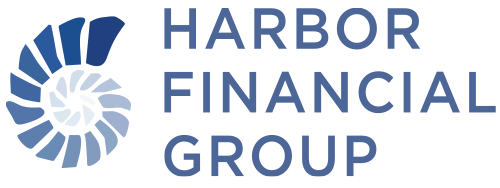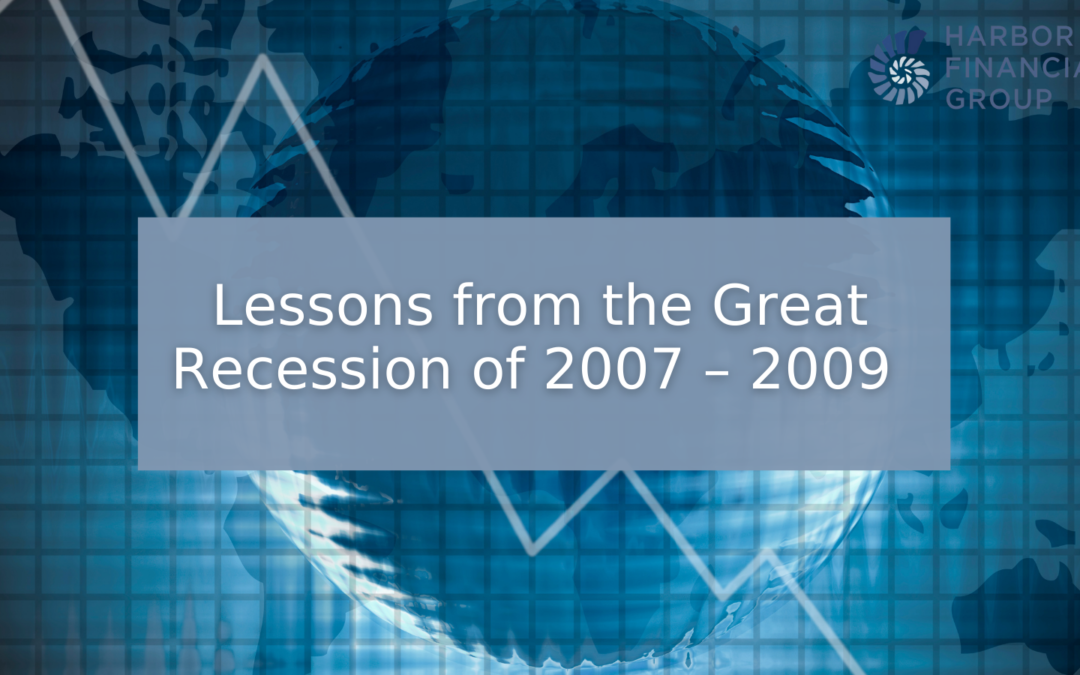After the Great Recession from 2007 to 2009 hit, far too many Americans found themselves without any savings to get through the hardships of unemployment, falling house prices, dwindling 401(k)s and increased financial anxieties. Don’t let this happen to you.
Getting into some simple saving habits now can really help you down the line. Social Security and unemployment checks are a lifeline to many, but usually not enough to maintain a decent living standard. The rule of thumb for emergency savings is three to six months’ worth of living expenses.
In light of our current economic slump, most financial professionals will tell clients to save even more – at least six to 12 months of expenses. One way to do this is to set up an automatic deduction program through your employer or through your bank.
Make Savings Automatic
You can set up a program that transfers a certain amount from your checking account to your savings. Once established, you can change it, but you probably won’t because we are all busy and it’s easier to keep things as they are. Also, once you learn to plan your finances around the remainder of your paycheck not transferred into savings, you won’t miss the money you saved.
You can also start an automatic increase if you get a raise. This simple strategy is also helpful when saving toward any goal, such as retirement.
With a 401(k) or similar program, you can automatically put money away, sometimes with an employer matching contribution.
The government uses this system by withholding taxes. It takes taxes from your paycheck, and you live on the remainder. If you pay into your retirement fund automatically, you can save without feeling that pinch of dread when you pay monthly bills.
Make a Resolution
Write down how much you want to save every month. It helps if you also tell someone about your goal. These two steps greatly increase the likelihood that you will achieve your goal. When you have a set goal and a partner to hold you to it, you stay more focused and are less likely to spend money on things that you don’t need.
When on a dubious shopping spree, for example, ask yourself, “Is this purchase going to help me or hurt me?” Americans often boast that they are number one in lots of things, but saving the money that we earn would probably be our worst event at the Olympics. American households save only about 4% of their disposable incomes, far less than other developed countries and far less than we should.
We are far better at spending money that we haven’t earned yet. The same lack of fiscal probity is evident on the national level. Our national debt is over $30 trillion – which is more than $91,000 per citizen and almost $250,000 per taxpayer!
If there is a silver lining to the black cloud of the Great Recession from more than 15 years ago, it is that it helped Americans to be more thrifty, put off gratification and think more about the long-term financial health of their family and community.
People were forced to decline needless, unwise purchases because they didn’t have the access to credit they had before. As a result, Americans were paring down debts and saving more money.
Let’s get back to that. Before the next recession hits.
Important Disclosures
The opinions voiced in this material are for general information only and are not intended to provide specific advice or recommendations for any individual security. To determine which investment(s) may be appropriate for you, consult your financial professional prior to investing.
This information is not intended to be a substitute for specific individualized tax advice. We suggest that you discuss your specific tax issues with a qualified tax advisor.
This article was prepared by FMeX.
LPL Tracking #1-05298532


